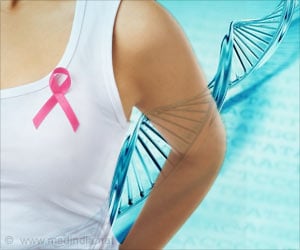The test looks for carrier mutations, or specific gene changes, known to cause health issues when children receive the mutations from both parents.

The company said, "Customers will get a detailed but easy to understand genetic information service along with ancestry and wellness reports." The company has also promised personalized insights based on analysis of 650,000 genetic variations and the only service available direct-to-consumer with reports that meet FDA standards.
The US FDA had barred the company in 2013 from selling its saliva analysis kit aimed at helping customers determine their genetic risks for diseases such as diabetes, coronary heart disease and breast cancer, saying it was a 'medical device' which required regulatory approval.
Medical experts said, "The company's test has been completely overhauled, including no longer offering risk analysis on major illnesses such as heart disease, breast cancer and Alzheimer's."
Cecile Janssens, professor of epidemiology at Emory University, said, "The company is not testing the diseases that raised most concerns in the past. The new product is substantially improved in terms of information provided. It does not test predisposition to common diseases such as heart attack, asthma and hip fractures, for which lifestyle factors are often more important; it does not test high risk variants such as BRCA1 and BRCA2 for breast and ovarian cancer and APOE for Alzheimer's. Instead, the test looks for carrier mutations, or specific gene changes, known to cause health issues when children receive the mutations from both parents."
The company said, "The tests are not intended to diagnose a disease, or tell you anything about your risk for developing a disease in the future. Rather, the information should mainly be used to learn how DNA relates to these traits."
Advertisement
Source-AFP














